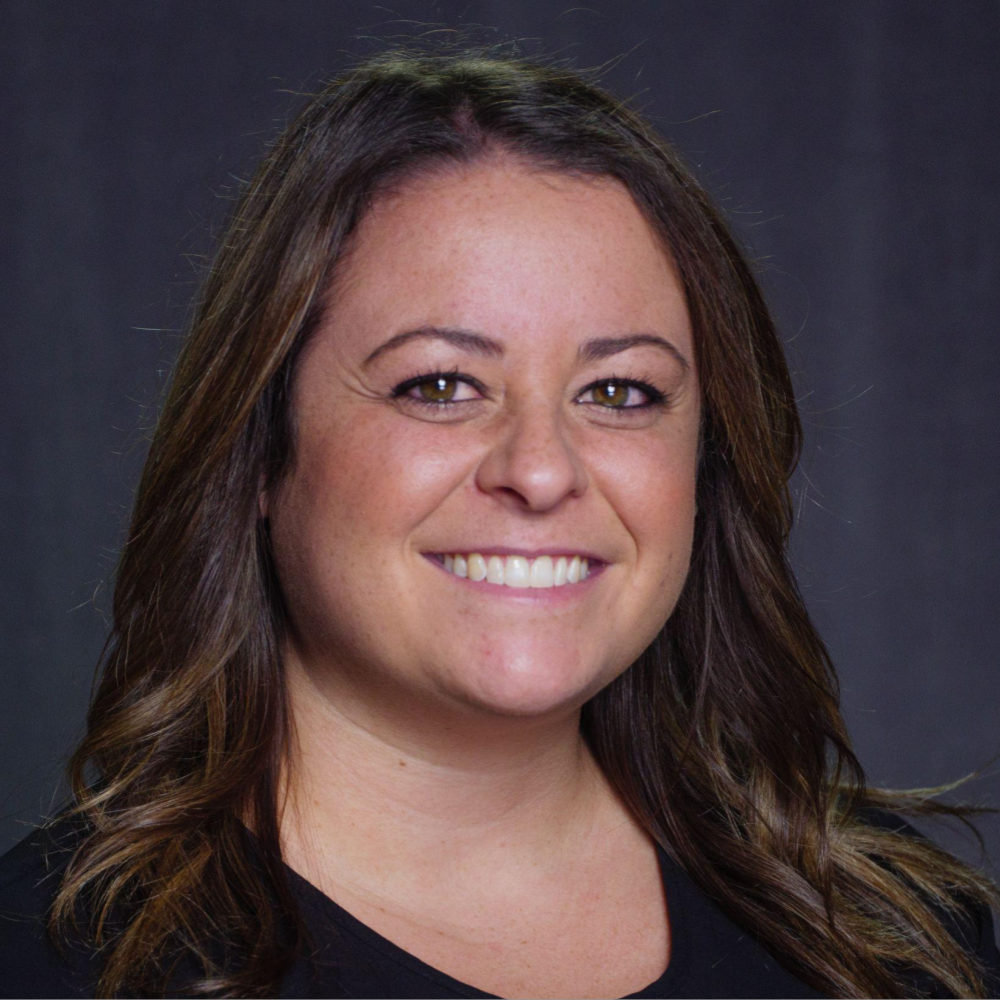
Introducing Point of Care Ultrasound in Athletic Training Education
Abstract:
With the continual advancement in health and medical technologies, both clinical athletic trainers and athletic training educators will need to cultivate the nuances and be edified in the ever-changing technology, especially as the cost of medical technology becomes more affordable. One area of advancement that is quickly evolving is technologies associated with clinical diagnostics. As an imaging modality, point-of-care ultrasound (POCUS) holds substantial value to health professionals who are adequately trained in its use. However, published research on POCUS curricula for graduate entry-level programs in athletic training is deficient as there are only a few published articles that mention POCUS and its use in athletic training. Additionally, there are no published studies regarding learning outcomes from POCUS courses for graduate entry-level athletic training students. With the increasing importance of this diagnostic tool and the expected increase in uses in athletic settings, this lecture looks to show athletic training educators how best to introduce POCUS to athletic training curriculum.
Learning Objectives:
- Analyze the importance of including POCUS in athletic training curriculum.
- Identify strategies on how to best implement POCUS in athletic training curriculum.
- Design and apply recommended learning outcomes for POCUS curricula in graduate entry-level athletic training courses.
Level:
Advanced
Domain(s):
Domain 2: Assessment Evaluation and Diagnosis
CEUs:
0.5 Category A
Track: Pedagogy
Format: Lecture
In order to earn your CEUs, you must watch the session video in its entirety and complete the assessment.

Christopher Ludwig, EdD, ATC

Brittany Clason, EdD, ATC
Dr. Brittany A. Clason has been in athletic training education for 14 years. She currently serves as the Program Director for the Master of Science in Athletic Training Program at California State University, Fresno. Prior to her role as program director, she served as the program’s Coordinator of Clinical Education.
Before starting her career in education, Dr. Clason practiced as an athletic trainer in the secondary school setting in Central California. Dr. Clason’s contemporary expertise is in emergency medicine and acute care of catastrophic injuries and illnesses. Her current research primarily focuses on improving student academic performance and success through psychosocial variables, such as motivation, identity, and self-efficacy.

